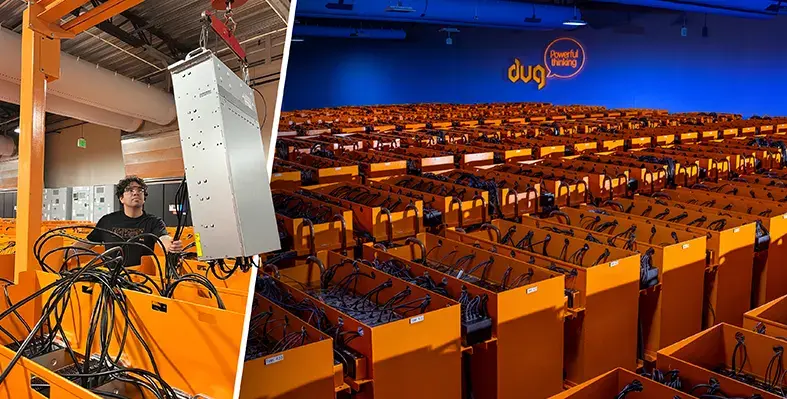At the 2026 World Economic Forum in Davos, Aramco president and CEO Amin Nasser shared how the company’s strategic investments in AI and human capital, along with a focus on data quality, has resulted in over US6bn in realised business value
“Last year, I talked about 400 use cases that we came up with in Saudi Aramco. This year, we’re talking about 500 use cases,” he said. “100 use cases went from pilots to actual deployments. We used to have around US$200 to US$300mn in the previous years in terms of technology realised value. In 2023 and 2024, we achieved US$6bn. More than 50% of this is AI-related.
“We’ve seen the benefits of the huge infrastructure that we have built over 90 years. Everybody talks about AI, the impact of AI, but where is the value? This is what we are able to establish. We want to turn the energy sector to be more intelligent in terms of capitalising on AI.
“The 6,000 talents that we trained on AI, these are the subject matter experts that come up with the use cases,” he stressed. “The most important thing in all of this is the data quality. We have built data quality over 90 years, [and] we kept everything. Now we have over 90% of the productive zone capitalising on AI, increasing the productivity in some wells by 30 to 40%. That is huge.”
Nasser pointed out that implementing use cases is very important to demonstrate value. “It’s not about buying chips and GPUs, it’s ensuring that you have the system, that data quality. You need to see that intelligence in terms of running the operations scaled up across the industry.”
He emphasised that a lot of what Aramco adopts and scales not only applies to the energy industry, but can help other industries as well.
Also at the World Economic Forum, Aramco's executive vice president of technology and innovation, Ahmad al Khowaiter, highlighted how Aramco’s venture capital investments, industrial ecosystem, and AI infrastructure are enabling innovation at scale and reinforcing long-term profitability, noting the contribution of technology from start-ups.
“What we’re focusing on initially is AI, as that is the greatest opportunity for the century, that is the area where we’ve been able to create the biggest value for our company and we think there’s an opportunity for start-ups, especially as we’re providing a lot of infrastructure for AI in the form of our investment. We continually adopt that technology, and that technology has maintained our competitiveness and our profits over the years. Businesses don’t just have to make a profit; they have to introduce technology, because that maintains our competitive edge.”
Aramco operates some of the Middle East region’s most powerful supercomputers, including Dammam 7, and a number of NVIDIA Superpods, which help create, train and run AI models. Its industrial multi-agent AI, for example, reduces maintenance planning times from days to hours. Aramco is also taking a significant stake in HUMAIN, Saudi Arabia’s flagship AI company.
See more on Aramco's AI innovation here














